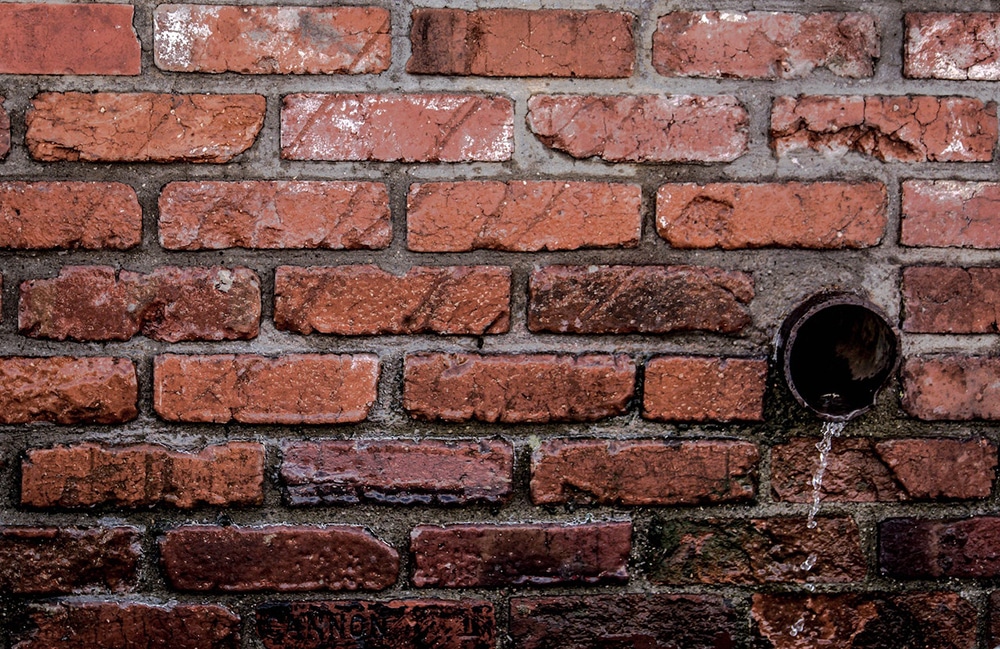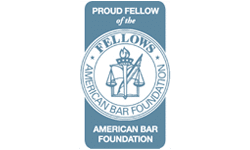How Did Camp Lejeune’s Water Get Contaminated?

By now, you might have heard your fair share of news stories or seen enough infomercials on television that you’re well aware of an issue with water contamination at Camp Lejeune. However, the details surrounding who’s affected by this discovery may not be evident, and how it happened in the first place may be unclear to you.
The latter question above is what we aim to answer in this article. We want to highlight what is known about what led to Camp Lejeune’s water being contaminated in case you were stationed at, lived on, or worked at this North Carolina Marine base in the past and are now experiencing certain health issues or have done so in the past. You may be entitled to compensation for what you’ve been forced to go through if you’ve suffered medical setbacks based on some legal wrangling that has occurred in recent years.
A Quick Synopsis of the Camp Lejeune Water Contamination Issue
The presence of volatile organic compounds (VOCs) in the drinking water at Camp Lejeune was first discovered by government regulators in 1982, despite the fact it is believed that the contamination first began in 1953 at the Marine base. Ultimately 70 different toxins were identified in Camp Lejeune’s water, most of which the Centers for Disease Control and Prevention (CDC) notes can cause:
- Miscarriage
- Birth defects such as cleft palate issues
- Cirrhosis of the liver
- Vision problems
- Anemia
- Multiple kinds of cancer
- Parkinson’s disease
Government regulators ultimately determined that those individuals affected by the water contamination issue spent 30 or more days on base between 1953 and 1987. After much legal wrangling, the path has been paved for service members and their dependents to file claims to recover compensation for the harm they suffered due to exposure to these known carcinogens.
What Was the Camp Lejeune Water Contamination Caused By?
Now that you’re up to speed on the basics surrounding the Camp Lejeune contamination issue, let’s discuss what regulators believe caused so many toxins to be released into the base’s potable water supply in the first place.
Regulators believe that ground zero for the contamination that affected Camp Lejeune’s water quality may have been an off-base drycleaners called ABC One-Hour Cleaners. They discovered that the retailer likely improperly disposed of products containing the carcinogen perchloroethylene (PCE), which seeped into the nearby groundwater, ultimately making it into the water consumed by individuals on base.
PCE is a common dry-cleaning solvent widely used in the U.S. Its toxicity has been widely discussed in medical and other scientific research. This VOC is known to cause liver damage, cancer, and also skin, respiratory, and eye irritation with prolonged exposure to it.
There were at least eight different water treatment plants that serviced different parts of Camp Lejeune up until the contamination was discovered. At least two of those plants relied on the use of contaminated well water to supply the base with drinking water.
Of those various water treatment facilities on or nearby the Marine base, extremely toxic VOCs were discovered at two of them, the Hadnot Point and Tarawa Terrace Treatment Plants. Both of those happened to service many of Camp Lejeune’s:
- Service member barracks
- Schools
- Recreational facilities
- Medical offices and hospitals
- Housing for enlisted family members
- Administrative offices
Since the initial source of contamination was discovered, regulators have come up with other possible sources of the 69 other toxic substances found in Camp Lejeune’s water during the timeframe mentioned above that have and are continuing to cause service members and their dependents to experience unnecessary health issues. The sources of those contaminants, such as trichloroethylene (TCE), benzene, vinyl chloride (VC), and many others, include:
- Leaks from subterranean (underground) storage tanks
- Incorrectly stored or disposed of oil drums
- Industrial site spills or leaks
Of the three additional contaminants highlighted above, they have the following applications and pose the associated risks:
- Benzene: This substance has a wide variety of uses, including for synthetic fabric, pesticide, drug, plastic and resin materials, and lubricant production. This toxin is often associated with the onset of a bleeding disorder and can diminish the effectiveness of a person’s immune system.
- Vinyl chloride: This substance is used for household plumbing piping or to coat electrical wires. It’s most commonly pointed to as a toxin that puts individuals at risk for lymphoma, brain, and other cancers.
- Trichloroethylene: This substance is used to formulate degreasers and refrigerants. Individuals often experience confusion, dizziness, and headaches upon coming into close contact with this toxin. Long term, this harmful chemical has been tied to the onset of cancer.
What Your Options Are if You Became Ill After Living or Working at Camp Lejeune
While the use of the water treatment facilities most notably affected by this contamination was ultimately eliminated in 1985, it’s likely that many people unsuspectingly suffered harm until the issue was discovered and addressed and are continuing to do so. If you happen to be one of those, it’s worth your while reaching out to an attorney at Pittman Roberts & Welsh, PLLC to discuss your potential Camp Lejeune water contamination case.
To file a claim, you must be able to prove that you worked at or resided on base during the specified timeframe. We can assist you with documenting that you did if we represent you in your legal matter. Your initial consultation to discuss the merits of you filing a claim is completely free, so reach out to our Jackson law office to get that meeting scheduled soon. The clock is ticking on filing a Camp Lejeune water contamination claim.







